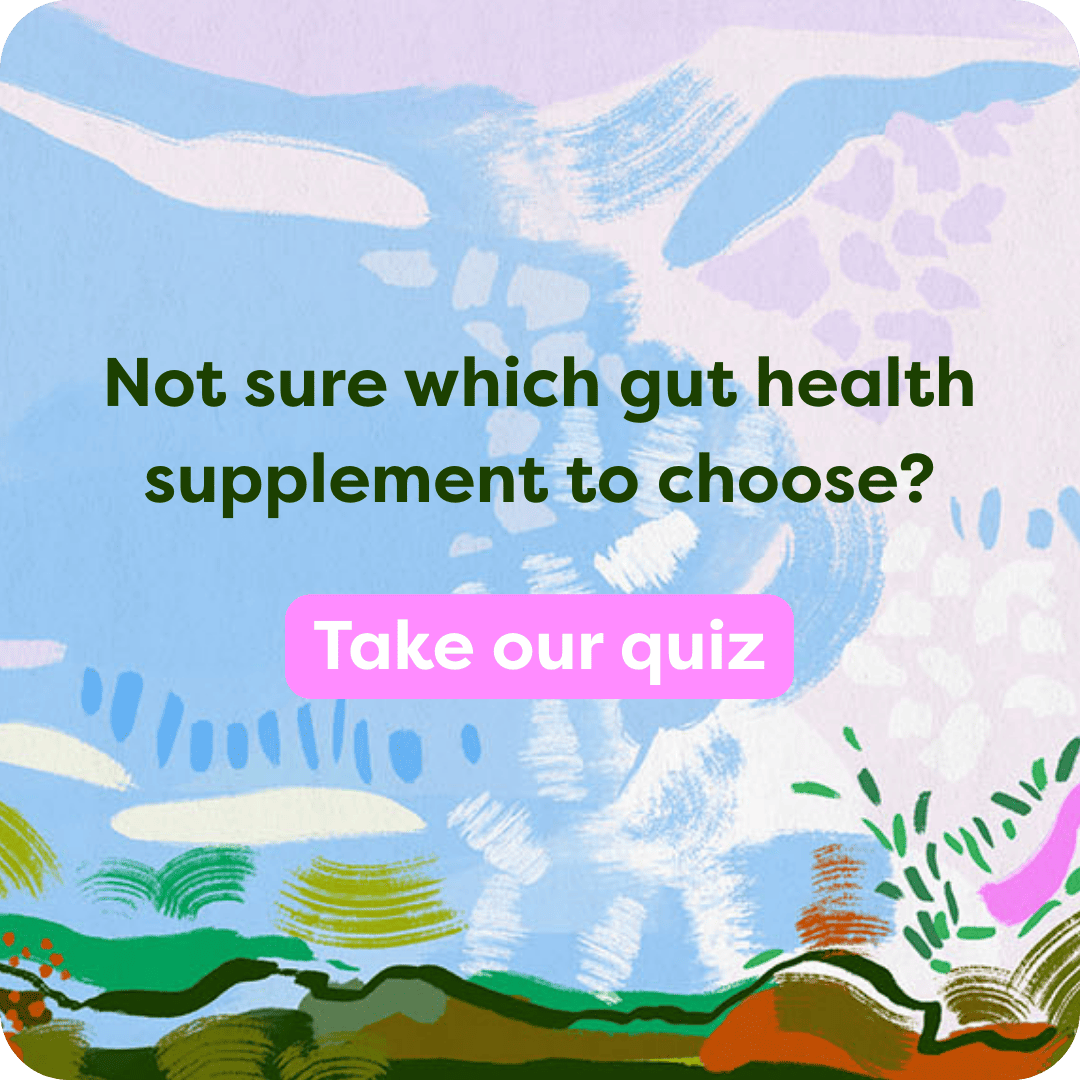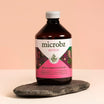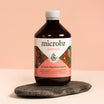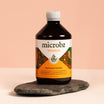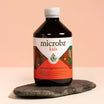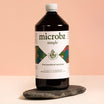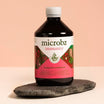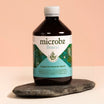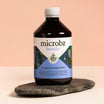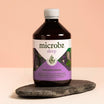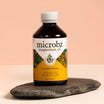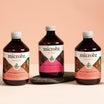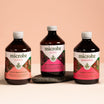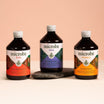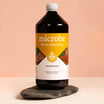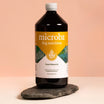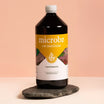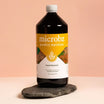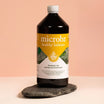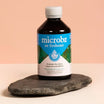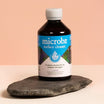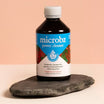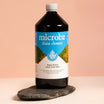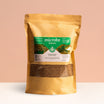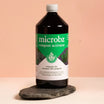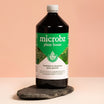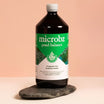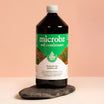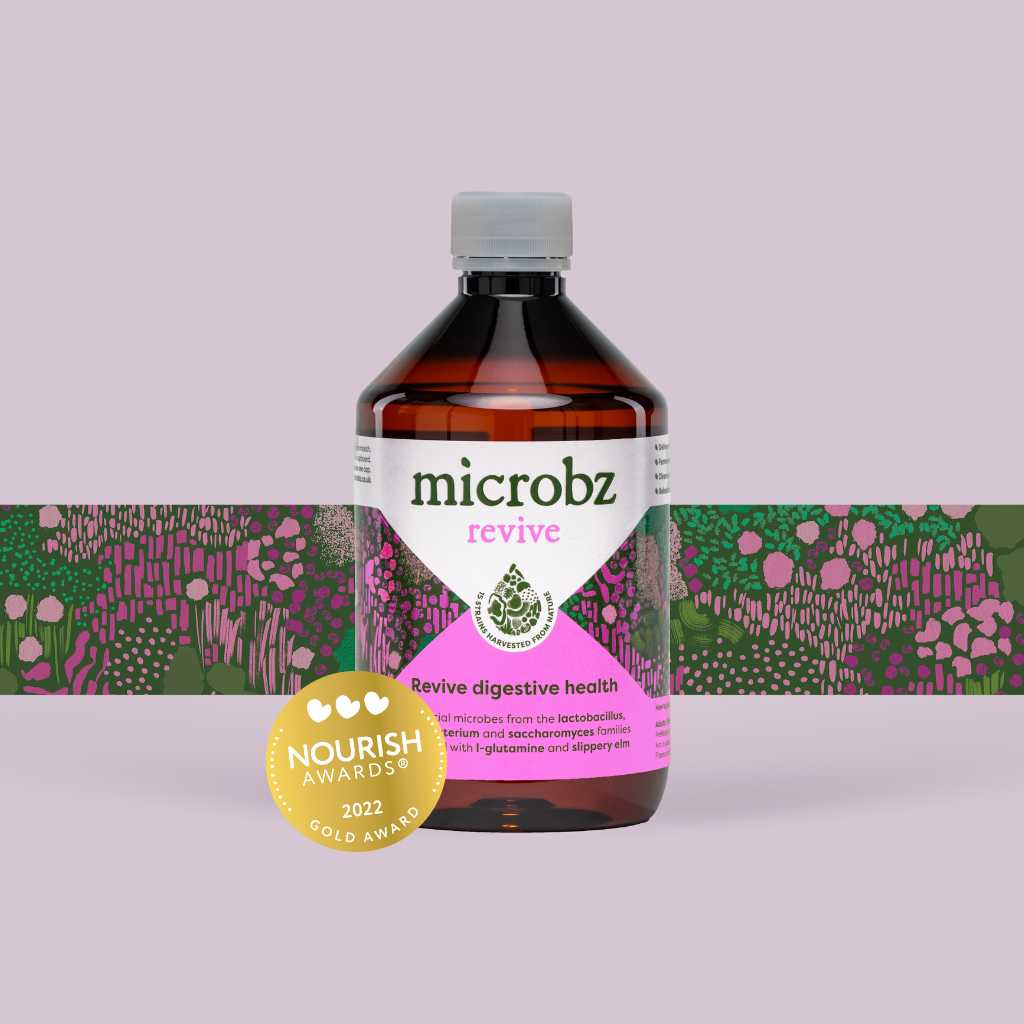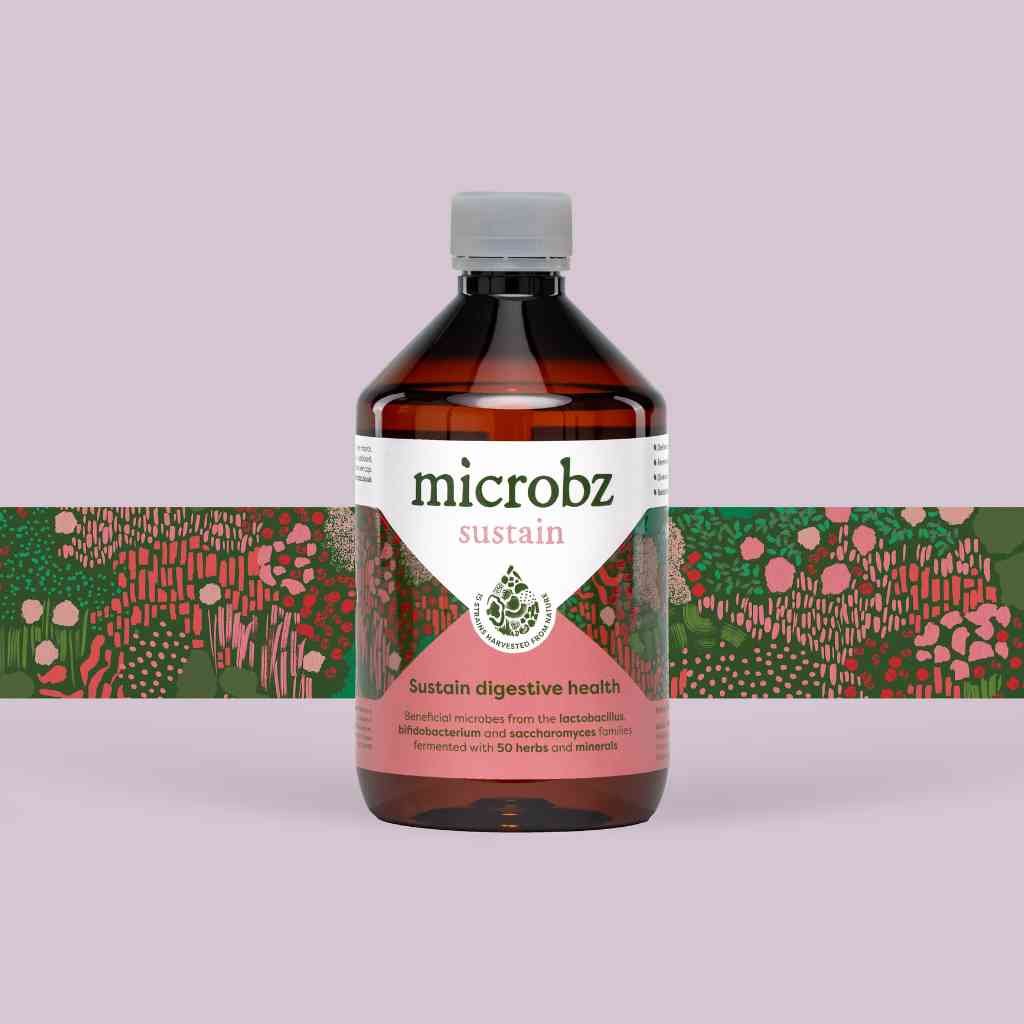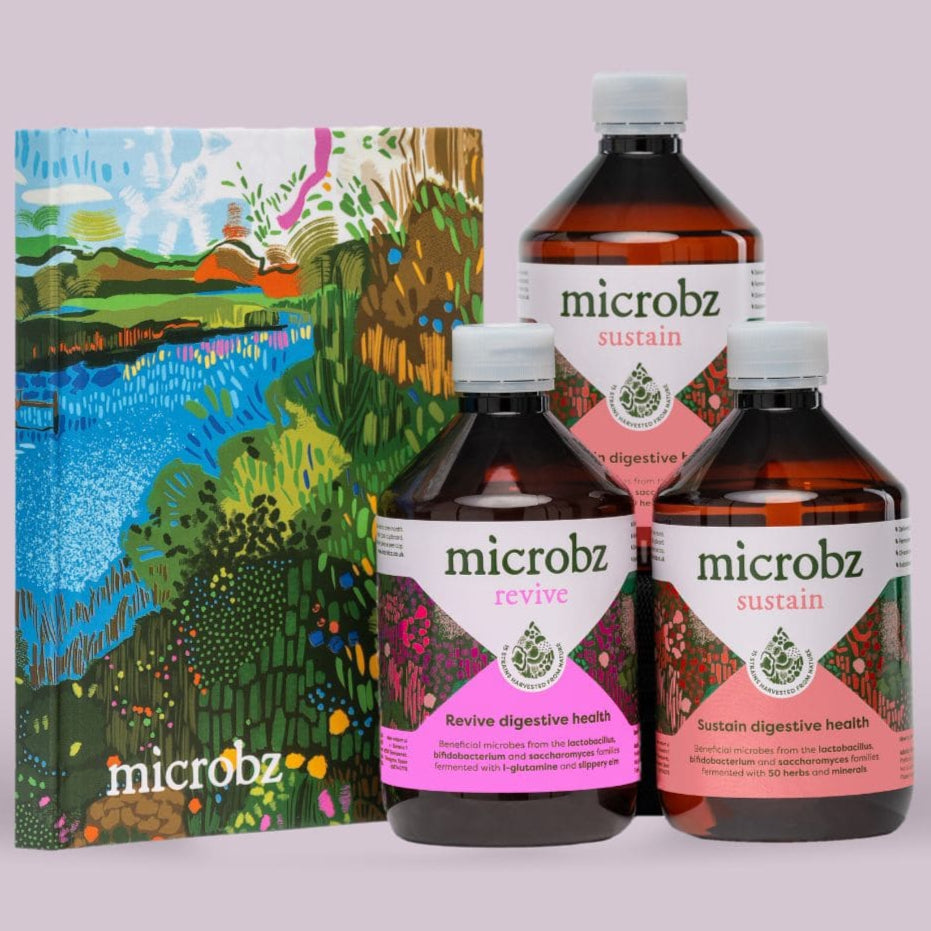Fennel
Foeniculum Vulgare
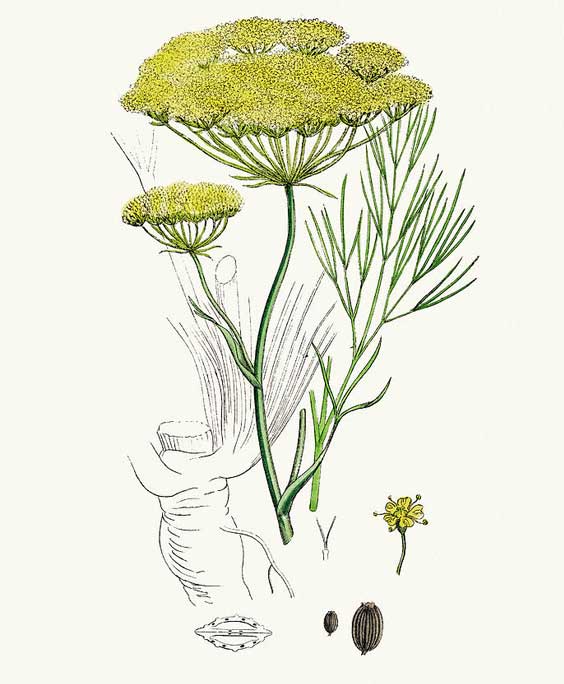
Family: Apiaceae
Which probiotic is it in?: Fennel is a key herb in Women and Detox
Habit and cultivation: Fennel grows wild in most parts of temperate Europe and globally. Generally considered a native of the Mediterranean region. It grows wild on dry soils near the sea coast and river banks, flourishing particularly well in limestone soils.The seeds are harvested in autumn. Loves sunny dry environments.
Actions (known for): Hepatoprotective, bitter, anti-diabetic, anti-lipemic and diuretic.
History of Fennel
Parts used from the Fennel
Seeds.
Constituents (bio available chemicals):
Sesquiterpene, lactone, cynaropicrin (strongly bitter) and insulin.
Nutritional constituents:
Vitamins: ProVitamin A, B1, B2 and C.
Indications:
Flatulence and colic (especially with babies), stimulates appetite and digestion. Enhances lactation, promotes menstruation, facilitates birth, calms effects of bronchial cough. Externally: the oil eases muscular and rheumatic pain. Eye wash or compress to treat conjunctivitis and blepharitis.
Dosage:
Tincture: 1-2ml, Liquid extract: (1:2), 20-40ml per week.
British Herbal Pharmacopoeia
Cautions for therapeutic doses
The ‘celery-carrot-mugwort-spice’ syndrome well known in Europe. People with sensitivities to carrot may also have allergic reactions to other vegetables and spices from the Apiaceae family.

